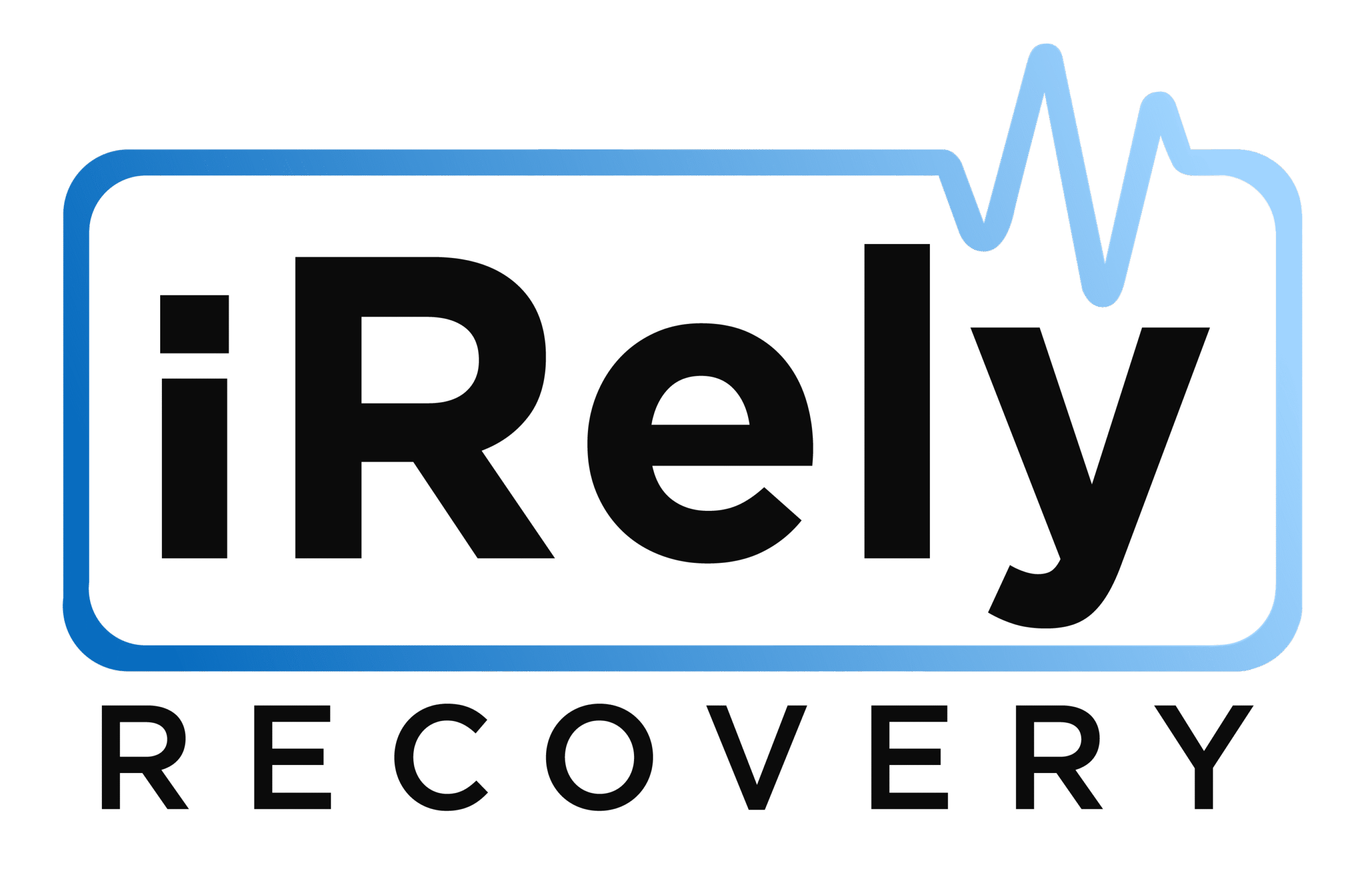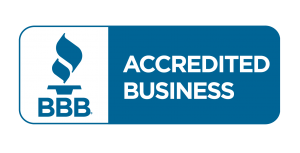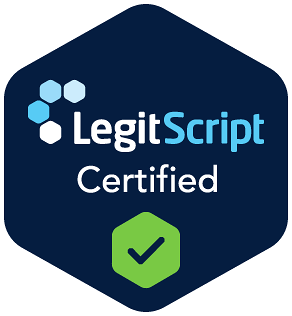Addiction Therapies at iRely Recovery
Therapy for Addiction and Mental Health
Effective therapy isn’t just about talking to someone about your problems from the past— it’s rewiring the thoughts and behaviors that keep you trapped in addiction cycles. Most people think getting clean is the hard part, but staying sober requires fundamentally changing how you think, react, and cope with life’s inevitable challenges. And that has benefits that last a lifetime.
iRely Recovery offers evidence-based therapy approaches that dig deeper than surface-level addiction symptoms. Our licensed therapists specialize in trauma-focused cognitive behavioral therapy, dialectical behavior therapy, and somatic experiencing to address the root causes driving your substance use.
Individual therapy sessions offer personalized attention, while group therapy fosters peer support and accountability. Family therapy helps repair damaged relationships and establish healthy support systems, which are essential for long-term recovery. Every intervention works together to create a practical framework for healing that actually works.
Explore the specific therapeutic approaches below to discover new ways to live a fulfilling, authentic life.
Acceptance & Commitment Therapy (ACT)
ACT helps you stop fighting against complex thoughts and emotions that drive substance use. Instead of trying to eliminate cravings or negative feelings, you learn to accept them without acting on them. This therapy focuses on identifying your core values and committing to meaningful actions that align with your recovery goals, even when uncomfortable feelings arise.
Adventure Therapy
Adventure therapy combines outdoor activities with therapeutic processing to build confidence, teamwork, and healthy coping skills. Through experiential challenges such as rock climbing, hiking, and team-building exercises, you develop problem-solving skills and stress management techniques in real-world settings. This hands-on approach helps you discover strengths you didn’t know you had while practicing recovery skills outside traditional therapy rooms.
Cognitive-Behavioral Therapy (CBT)
CBT identifies and changes the destructive thought patterns that fuel your addiction. This evidence-based approach teaches you to recognize triggers, challenge negative thinking, and develop healthier responses to cravings and stress. You’ll learn practical skills to interrupt the cycle between thoughts, feelings, and substance use behaviors. CBT provides concrete tools you can use daily to maintain sobriety and handle life’s challenges without relying on substances.
Dialectical Behavioral Therapy (DBT)
DBT teaches practical skills to manage intense emotions without turning to substances. You’ll learn distress tolerance techniques to survive crisis moments, emotion regulation strategies to handle overwhelming feelings, interpersonal effectiveness skills for healthier relationships, and mindfulness practices to stay grounded in the present. DBT is particularly effective for people who struggle with emotional extremes and self-destructive behaviors alongside addiction.
Experiential Therapy
Experiential therapy uses creative activities like art, music, and movement to process emotions and trauma that words alone can’t reach. These hands-on approaches help you express feelings you’ve been numbing with substances while discovering new ways to cope and heal. Through creative expression and body-based interventions, you’ll uncover insights about your addiction patterns and develop healthy outlets for emotional release.
Family Therapy
Family therapy rebuilds trust and communication damaged by addiction while involving your loved ones in the recovery process. Sessions address family dynamics, boundaries, and enabling behaviors that may have contributed to substance use patterns. Your family members learn how to support your recovery without rescuing or controlling, while you work together to heal relationships and create a supportive home environment for lasting sobriety.
Group Therapy
Group therapy connects you with peers facing similar addiction struggles, breaking through the isolation that fuels substance use. You’ll share experiences, learn from others’ recovery strategies, and practice new social skills in a supportive environment. Group sessions provide accountability, normalize recovery challenges, and help you realize you’re not alone in this journey while building lasting peer support networks.
Individual Therapy
Individual therapy provides personalized attention to address your unique addiction triggers, trauma history, and recovery goals. One-on-one sessions allow you to explore sensitive topics privately while developing customized coping strategies. Your therapist helps you understand the root causes of your substance use, process underlying issues, and create a personalized recovery plan that fits your specific needs and circumstances.
Mindfulness-Based Therapy
Mindfulness-based therapy teaches you to observe thoughts, emotions, and cravings without automatically reacting to them. Through meditation, breathing exercises, and present-moment awareness techniques, you’ll develop the ability to pause between triggers and actions. This approach helps you recognize early warning signs of relapse, manage stress more effectively, and find peace without needing substances to escape uncomfortable feelings.
Motivational Interviewing
Motivational interviewing helps you discover your reasons for getting sober rather than being lectured about why you should quit. This collaborative approach enables you to explore your ambivalence about change while strengthening your motivation for recovery. Your therapist guides you to identify your values and goals, helping you see how substance use conflicts with what truly matters to you and building internal drive for lasting change.
Recovery-Oriented Treatment
Recovery-oriented treatment incorporates 12-step principles and philosophy into your therapeutic process without requiring you to attend meetings. This approach focuses on acceptance, surrender, personal inventory, making amends, and spiritual growth as pathways to lasting sobriety. You’ll explore the themes of powerlessness in the face of addiction, finding a higher power or greater purpose, and developing a service-oriented mindset that supports long-term recovery and personal transformation.
Somatic Experiencing Therapy
Somatic experiencing therapy addresses trauma stored in your body that often drives addiction. This approach helps you release trapped nervous system energy from traumatic experiences through gentle body awareness and movement. You’ll learn to recognize how trauma shows up physically and develop tools to regulate your nervous system without substances, healing both addiction and underlying trauma simultaneously.
Trauma-Informed Care
Trauma-informed care recognizes that most addiction stems from unresolved traumatic experiences and treats you with understanding rather than judgment. This approach creates safety, rebuilds trust, and addresses how trauma impacts your daily life and recovery process. Treatment focuses on healing trauma wounds that fuel substance use while avoiding retraumatization, helping you process difficult experiences and develop healthy coping mechanisms.





